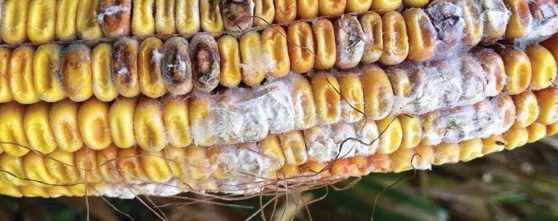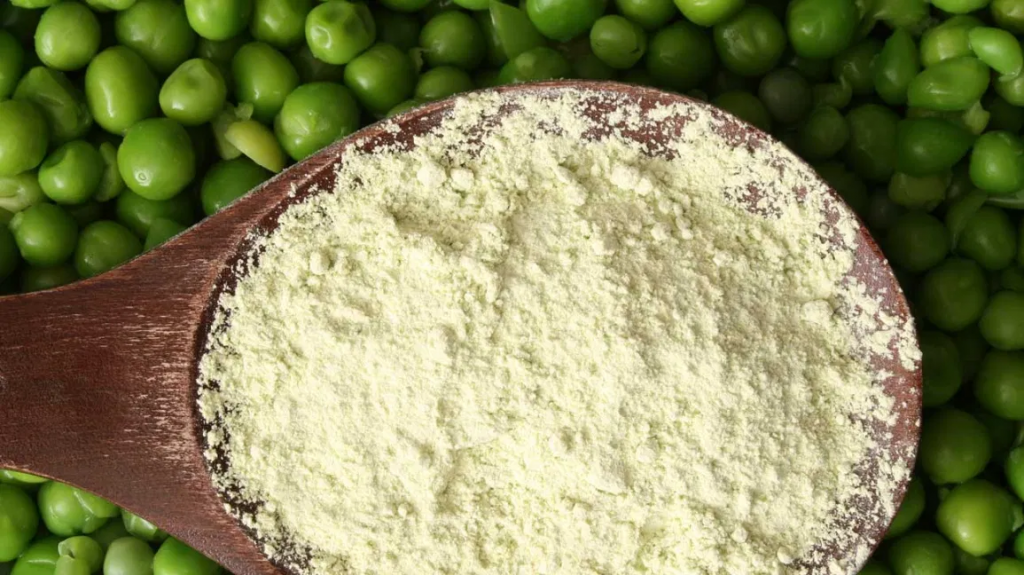Why you should stop taking excess proteins in your diet!

Protein are important macronutrients required for repair of worn out tissues, growth and development. However, that does not mean that we should consume them in excess. This is because the body does not store excess proteins, at least not in the form of protein.
Usualy, the excess proteins undergo deamination (the removal of amino group which is excreted through urea) and the remaining group converted either to fats or used for energy.
Therefore, diets high in proteins offer no benefits to the human body because:
- In small infants, excess amino acids build in blood. This accumulation stresses the kidney and liver, which have to metabolize and excrete excess nitrogen. Signs of protein overload include: acidosis, dehydration, diarrhea, elevated blood ammonia, blood urea and fever
- High protein diets may handicap a person wishing to lose weight. Protein-rich foods are also rich in fat and this contributes to weight gain and obesity.
So, what is the recommended amount of protein intake? You may ask! Find out in this article!


